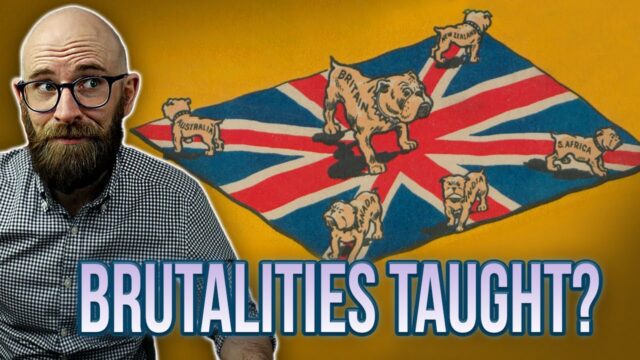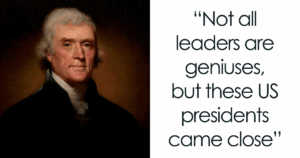“Unveiling the Forgotten Lessons: How British Schools Shape the Narrative of Empire”
Examples include an in-depth module about the slave trade, and how it was propelled by the soar in demand for sugary products, which required a massive, unpaid workforce for the sugar cane plantations in the Caribbean. This module would then delve deep into the horrific conditions of the individual slaves, the status of African servants in rich households, and how they were portrayed in 17th and 18th century art. The lessons would then conclude with the abolitionist campaigns and Britainâs role in policing illegal slave trade.
Another wide-ranging topic, apparently largely ignored, is British rule in India. Thompson recommends a module spanning four centuries of history, from the birth of the East India Company, to Indian independence, without shying away from events such as the Amritsar massacre or the recurrent famines.
Finally, Thompson proposes for teachers to stimulate classrooms discussion on the British Empire as a whole, for example by asking, âHow did Britain achieve to conquer such a large Empire; how did the Empire eventually dissolve; and to discuss the pros and cons of the Empire itselfâ
At this stage, we would really like to hear from you, our esteemed audience. If you hail from the UK, let us know if and what were you taught about any of these subjects when you were at school? More interestingly, if you hail from a country formerly part of the Empire, how were you taught about British colonisation?
Moving on from there, there is potentially good news on the horizon of relatively accurate history being taught in UK schools. Back in March 2022, the Department for Education announced the preparation of a new âmodel history curriculumâ, which should be issued by 2024. This curriculum should, to quote, âEquip [teachers] with the skills to lead lessons that cover migration and cultural change â¦[and] To help pupils understand the intertwined nature of British and global history, and their own place within it.â
In other words, the future curriculum should provide a more comprehensive view of Britainâs colonial policies and their relationship with the rest of the world. By shedding light on this past, pupils today will be better placed to understand their present.











